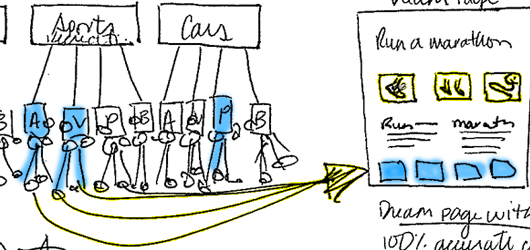
The economics of digital technology are launching us into an era where, according to a recent Wall Street Journal article, “passive analysis will be subordinate to active participation”.
Technology is transforming innovation as both the costs and time to innovation are much more accessible to companies who seek change and rapid feedback. Moving away from formal, drawn out, plans and analysis – expect to see more rapid prototyping, agile development, and environments driven by experimentation.
These changes will have great effects on culture as innovation will not just be the focus of a traditional research and development group – but, instead, it should be a central element to a company’s culture. People’s perspectives will be focused less on the future and more into the immediate because they will be able to see the cause and effect of ideas and changes right away, instead of speculated over formal processes and hours in conference rooms.
Companies who can embrace collaboration, move from analysis to experimentation, and maintain a delicate balance between observation and action will be well positioned to succeed in this new economy of innovation.
“Genius is born from a thousand failures,” says Greg Linden, an entrepreneur who has been an innovator at both Amazon.com Inc. and Microsoft Corp. “In each failed test, you learn something that helps you find something that will work. Constant, continuous, ubiquitous experimentation is the most important thing.”
For the whole article, visit the Wall Street Journal.